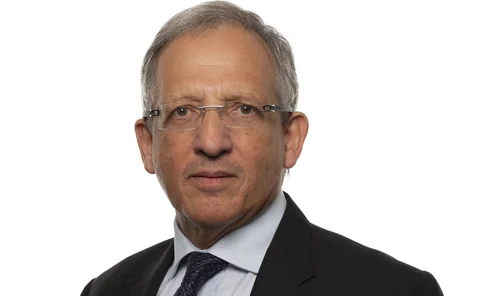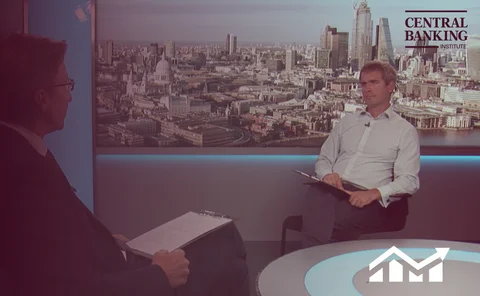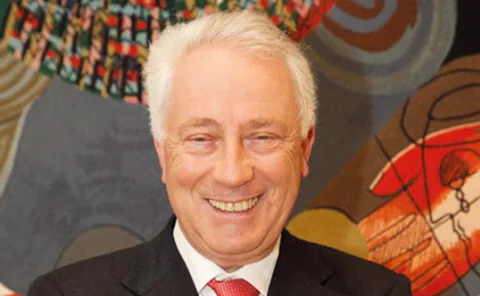Regulation
Central banks forecast GDP less accurately than inflation
Over half of central banks reviewed models in a bid to project more accurately
Majority of central banks prefer economists with master’s degree
Economists are sponsored more for training than for PhDs
Armenia’s Galstyan calls for a new framework to tackle uncertainty and nonlinearities
Central Bank of Armenia governor says central banks can start to regain credibility by admitting their mistakes. This could include employing a risk-management approach to monetary policy aimed at avoiding nonlinear ‘dark corners’ and placing much less…
Economics teams constitute just a fraction of central banks’ total workforce
Most institutions have more policy economists than research colleagues
Staff with PhDs make up 21.3% of average economics department
Four-fifths of advanced economy institutions sponsor economists to undertake PhD qualification
Central banks judge success of research by number of publications
Inflation and exchange rate most topical issues for central banks
Use of centralised data services increases across institutions
Rise of central data teams has gone hand in hand with greater use of alternative data
Alternative data used at most central banks
Non-traditional data such as Google searches widely used to support research and forecasting
Chile’s Costa on tackling inflation, forex interventions and nowcasting
The Central Bank of Chile governor speaks about stubbornly high prices, Fed policy spillovers, reserve buffers, retail CBDC and the need to address unconscious bias
Research economists devote more working time to own projects
On average, own research works consume 25% of policy economists’ working time
Advanced economy institutions tend to produce more papers
Emerging market researchers averaged five papers a year in peer-reviewed journals
Research agenda determined across multiple levels
Governors and deputy governors give final sign-off on most research publications
Majority of banks blend research and policy functions
Only one in five jurisdictions restructured economics unit in the past 12 months
BoE’s Cunliffe details ‘familiar’ failings at FTX
Deputy governor says crypto assets need to be regulated
Financial Stability 2022 – presentation
Subject specialist Dan Hardie speaks with Christopher Jeffery about financial crime, regulating banks and non-banks, macro-prudential regulation, and decision-making and staffing
Growth and inflation are top forecast indicators
More emerging markets forecast growth and inflation compared with the past year
Costa Rica receives first loan under IMF’s green programme
Country is “excellent candidate” for Resilience and Sustainability Facility, says IMF official
The long road to 24-hour RTGSs
Extended hours would help international payments but some central banks challenge the business case
Portuguese PM threatens legal action against ex-governor
António Costa denies pressuring Carlos Costa over bank intervention
Non-banks in focus as G20 leaders meet in Bali
FSB calls for action on liquidity mismatches and “hidden leverage”
Banknote volumes and values rose among most central banks
Most recent estimates show volume and value of circulating notes rising in 2022
Banks receive widely varying volumes of damaged cash
Central banks share data on values and volumes of mutilated currency
Most jurisdictions have not withdrawn denominations in past five years
Thirty-two central banks have an average of six denominations in circulation
Central bank boards most often make decisions on banknote imagery
Banknotes image types vary from recognised figures to natural phenomena











